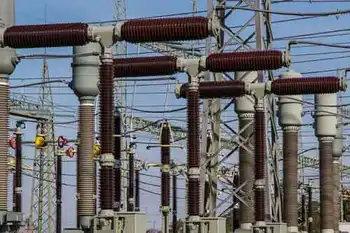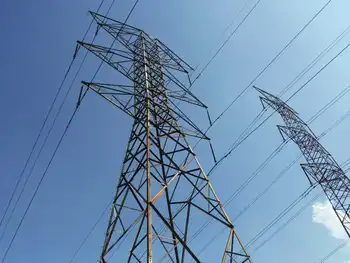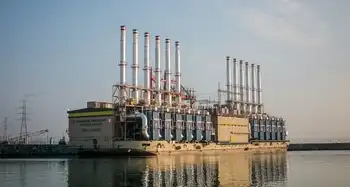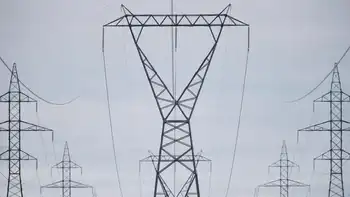Canada's looming power problem is massive but not insurmountable: report

Substation Relay Protection Training
Our customized live online or in‑person group training can be delivered to your staff at your location.

- Live Online
- 12 hours Instructor-led
- Group Training Available
Canada Net-Zero Electricity Buildout will double or triple power capacity, scaling clean energy, renewables, nuclear, hydro, and grid transmission, with faster permitting, Indigenous consultation, and trillions in investment to meet 2035 non-emitting regulations.
Key Points
A national plan to rapidly expand clean, non-emitting power and grid capacity to enable a net-zero economy by 2050.
✅ Double to triple generation; all sources non-emitting by 2035
✅ Accelerate permitting, transmission, and Indigenous partnerships
✅ Trillions in investment; cross-jurisdictional coordination
Canada must build more electricity generation in the next 25 years than it has over the last century in order to support a net-zero emissions economy by 2050, says a new report from the Public Policy Forum.
Reducing our reliance on fossil fuels and shifting to emissions-free electricity, as provinces such as Ontario pursue new wind and solar to ease a supply crunch, to propel our cars, heat our homes and run our factories will require doubling — possibly tripling — the amount of power we make now, the federal government estimates.
"Imagine every dam, turbine, nuclear plant and solar panel across Canada and then picture a couple more next to them," said the report, which will be published Wednesday.
It's going to cost a lot, and in Ontario, greening the grid could cost $400 billion according to one report. Most estimates are in the trillions.
It's also going to require the kind of cross-jurisdictional co-operation, with lessons from Europe's power crisis underscoring the stakes, Indigenous consultation and swift decision-making and construction that Canada just isn't very good at, the report said.
"We have a date with destiny," said Edward Greenspon, president of the Public Policy Forum. "We need to build, build, build. We're way behind where we need to be and we don't have a lot of a lot of time remaining."
Later this summer, Environment Minister Steven Guilbeault will publish new regulations to require that all power be generated from non-emitting sources by 2035 clean electricity goals, as proposed.
Greenspon said that means there are two major challenges ahead: massively expanding how much power we make and making all of it clean, even though some natural gas generation will be permitted under federal rules.
On average, it takes more than four years just to get a new electricity generating project approved by Ottawa, and more than three years for new transmission lines.
That's before a single shovel touches any dirt.
Building these facilities is another thing, and provinces such as Ontario face looming electricity shortfalls as projects drag on. The Site C dam in British Columbia won't come on line until 2025 and has been under construction since 2015. A new transmission line from northern Manitoba to the south took more than 11 years from the first proposal to operation.
"We need to move very quickly, and probably with a different approach ... no hurdles, no timeouts," Greenspon said.
There are significant unanswered questions about the new power mix, and the pace at which Canada moves away from fossil fuel power is one of the biggest political issues facing the country, with debates over whether scrapping coal-fired electricity is cost-effective still unresolved.











